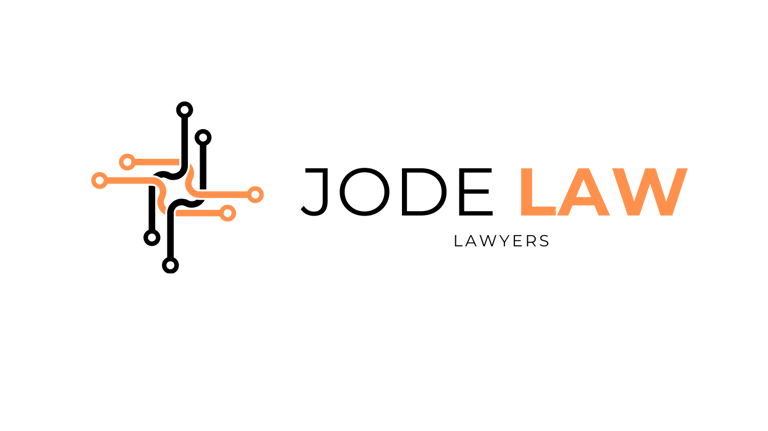
IP TRANSFER AGREEMENT
JUMI ODEPE
An IP Transfer Agreement (short for Intellectual Property Transfer Agreement) formally transfers ownership of intellectual property (IP) from one party (the assignor) to another (the assignee). Think of it like a bill of sale but instead of transferring a physical item like a car or a laptop, it transfers ownership of items such as:
Software code
Logos, branding, or website content
Patents or inventions
Copyrighted material (like written content, designs, videos, or music)
Trade secrets or proprietary know-how
Usage:
For a startup—especially in tech or creative sectors—IP is often the most valuable asset. You want to make sure your organization legally owns any IP created by:
Founders
Contractors or freelancers
Developers
Designers
Volunteers
Without a signed IP Transfer Agreement, the person who created the IP may still legally own it, even if they were paid for the work.
A good IP Transfer Agreement usually includes:
A clear description of the IP being transferred
A statement that the assignor is the legal owner
A clause that assigns all rights to the new owner (your nonprofit)
Any moral rights waivers (especially for creative work)
Terms about future improvements or residual rights
Signatures from both parties
Sample IP Transfer Clause (for Contractors or Collaborators)
Ownership and Assignment of Intellectual Property
All work product created by [Contractor's Name] under this agreement, including but not limited to software code, designs, written content, documentation, logos, and any other materials or inventions (collectively, “Work Product”), shall be the sole and exclusive property of [Your Nonprofit Name].
[Contractor's Name] agrees to assign, and hereby does assign, to [Your Nonprofit Name] all rights, title, and interest in and to the Work Product, including all intellectual property rights (such as copyrights, trademarks, patents, and trade secrets).
[Contractor's Name] also waives any moral rights they may have in the Work Product and agrees to sign any additional documents reasonably required to confirm or perfect this assignment.
The articles published by Jode Law are intended as general information only and do not serve as legal advice. By reading, the reader understands there is no solicitor-client relationship established. If you have a legal question, you may consult one of our lawyers via email at lawyers@jodelaw.ca

